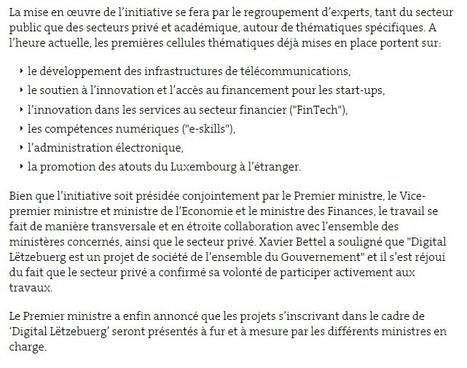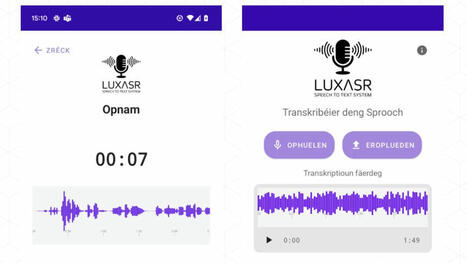In June 2014 Bitcoin users were confronted with the unthinkable. A Bitcoin mining pool called Ghash.io had attained control over 51% of the network's total mining power. Bitcoin users, miners and developers responded with shock, panic and denial, but could do nothing about the fact that Ghash.io now had the ability to manipulate the network at will.
Researchers at the University of Luxembourg are now the first to propose a blockchain system that mitigates this risk, guaranteeing proper performance even when more than 51% of the system’s computing power is controlled by an attacker. Their system, RepuCoin, makes it thousands of times more expensive to attack than Bitcoin. It was developed at the University’s Interdisciplinary Centre for Security, Reliability and Trust, and has the potential to be applied in a number of global sectors including fintech, energy, food supply chains, health care and future 5G telecommunications networks.
At their heart, cryptocurrencies such as Bitcoin, which use blockchain technology, are distributed ledgers. Each block in a blockchain is a record of transactions, like a page in a ledger. When the page is full, we open a new page. In the case of a cryptocurrency we gain a new block in the blockchain. And they are distributed because the whole network sees and approves new blocks through democratic consensus. Users therefore don’t have to place their trust – and money – in the hands of a single central authority.
Learn more / En savoir plus / Mehr erfahren:
https://www.scoop.it/t/luxembourg-europe/?&tag=Blockchain
https://www.scoop.it/t/21st-century-learning-and-teaching/?&tag=blockchain
http://www.scoop.it/t/luxembourg-europe/?tag=Digital+L%C3%ABtzebuerg
https://www.scoop.it/topic/luxembourg-europe/?&tag=University+Luxembourg






 Your new post is loading...
Your new post is loading...































In June 2014 Bitcoin users were confronted with the unthinkable. A Bitcoin mining pool called Ghash.io had attained control over 51% of the network's total mining power. Bitcoin users, miners and developers responded with shock, panic and denial, but could do nothing about the fact that Ghash.io now had the ability to manipulate the network at will.
Researchers at the University of Luxembourg are now the first to propose a blockchain system that mitigates this risk, guaranteeing proper performance even when more than 51% of the system’s computing power is controlled by an attacker. Their system, RepuCoin, makes it thousands of times more expensive to attack than Bitcoin. It was developed at the University’s Interdisciplinary Centre for Security, Reliability and Trust, and has the potential to be applied in a number of global sectors including fintech, energy, food supply chains, health care and future 5G telecommunications networks.
At their heart, cryptocurrencies such as Bitcoin, which use blockchain technology, are distributed ledgers. Each block in a blockchain is a record of transactions, like a page in a ledger. When the page is full, we open a new page. In the case of a cryptocurrency we gain a new block in the blockchain. And they are distributed because the whole network sees and approves new blocks through democratic consensus. Users therefore don’t have to place their trust – and money – in the hands of a single central authority.
Learn more / En savoir plus / Mehr erfahren:
https://www.scoop.it/t/luxembourg-europe/?&tag=Blockchain
https://www.scoop.it/t/21st-century-learning-and-teaching/?&tag=blockchain
http://www.scoop.it/t/luxembourg-europe/?tag=Digital+L%C3%ABtzebuerg
https://www.scoop.it/topic/luxembourg-europe/?&tag=University+Luxembourg